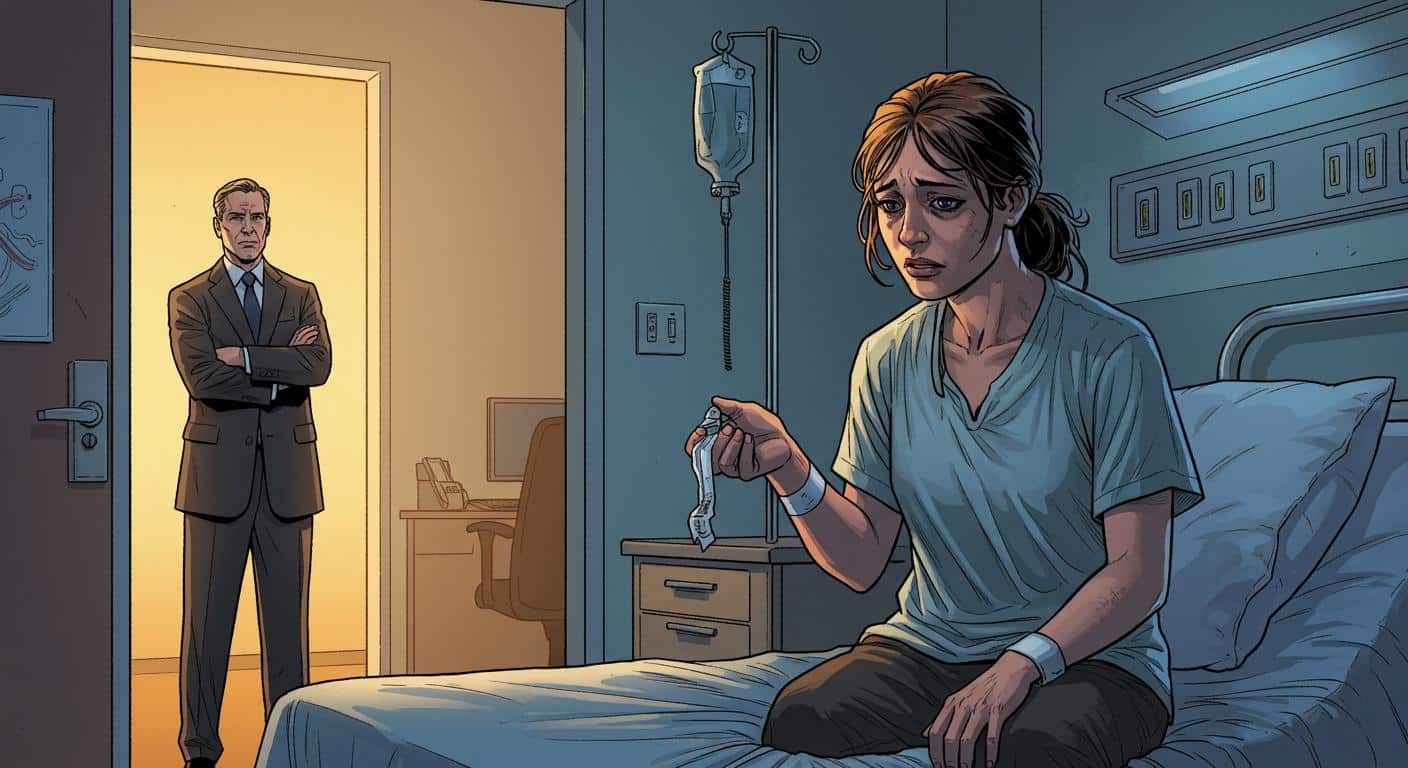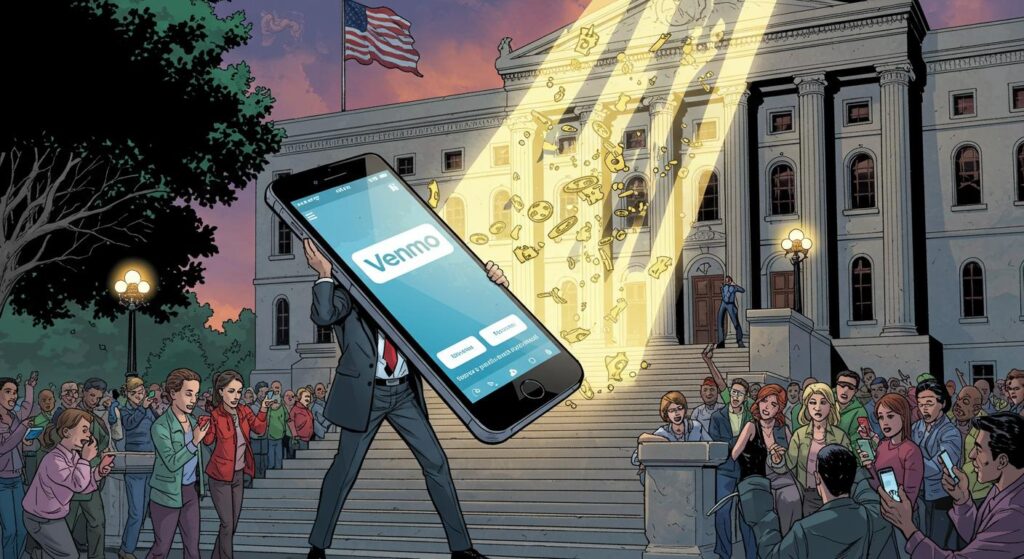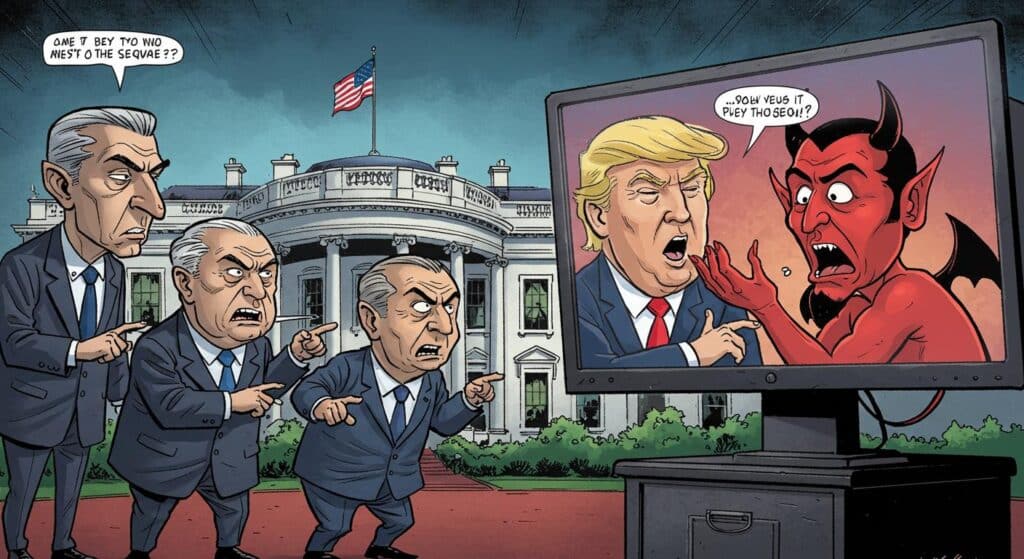If there’s a reliable constant in the grand circus of human behavior, it’s the universe’s knack for twisting acts of generosity into cautionary tales. But even by normal standards, the story of Debbie Stevens—a Long Island clerical worker who donated a kidney to help her boss and was allegedly rewarded with termination—reads like a rejected plotline from an unusually bleak workplace sitcom. As chronicled by the Strom Law Firm, Stevens’s ordeal manages to be both utterly baffling and depressingly familiar.
The Anatomy of a (Very) Bad Thank You
Let’s review the ingredients. According to information detailed by the Strom Law Firm, Stevens began working for Atlantic Automotive Group in 2009, striking up a rapport with her boss, Jackie Brucia. After a brief stint in Florida, Stevens came back to her old office in New York for a visit, where Brucia disclosed her health troubles and need for a kidney transplant, as described in court filings referenced by the outlet.
During this visit, court records cited by the report indicate Brucia mentioned having a possible donor lined up—a family friend. Stevens, in a move attributed to her “kind and generous” nature, volunteered her own kidney if needed. Brucia’s response, “You never know, I may have to take you up on that offer one day,” is documented in court papers reviewed by the outlet.
Circumstances escalated quickly. Stevens decided to return to Long Island and was rehired at Atlantic Automotive Group. Just two months into her second stint, Brucia summoned Stevens to her office and, according to the same court documents, asked if her earlier kidney offer had been genuine because her own donor was denied. Footage reviewed by the outlet wasn’t required—every subsequent move seemed as meticulously choreographed as theater. While Stevens was not a direct match, she agreed to participate in a paired donation chain: her kidney went to a recipient in Missouri, which moved Brucia up on the transplant list and secured her an organ from San Francisco.
Stevens relayed to the New York Post, as quoted by the Strom Law Firm, “My kidney ended up going to St. Louis, Missouri, and her’s came from San Francisco.” The result: two transplants, two cities, and a remarkable demonstration of medical logistics—with, presumably, a tangle of paperwork for the hospital archivists.
Gratitude Deferred—Indefinitely
The aftereffects, as Stevens describes and court filings detail, were swift and less than heartwarming. Stevens said after surgery she suffered severe pain, leg discomfort, and digestive problems, all while feeling pressured to return to work well ahead of medical recommendations. She recounted to the outlet that she managed just three days back on the job before having to leave early due to illness.
Immediately after returning home sick, Stevens claims she was called by Brucia, who according to statements cited in the outlet, berated her for missing work and warned, “‘You can’t come and go as you please. People are going to think you’re getting special treatment.’” The language—alternating between clinical detachment and school principal—reflects what court records show to be a persistent pattern. Stevens alleged that Brucia’s scolding became public: yelling at Stevens in front of co-workers over alleged mistakes, a detail emphasized by the Strom Law Firm’s overview.
Workplace punishments, as outlined in the legal complaint, escalated over time. The report notes that Stevens lost her office, lost overtime, and faced a demotion to a dealership 50 miles distant from her home—situated in what colleagues dubbed “Siberia” due to its high-crime reputation. The psychological cost wasn’t insignificant; according to the report, Stevens sought help from a psychiatrist before hiring an employment lawyer, whose letter to the company was rapidly followed by her dismissal.
The outlet further reports that Brucia has yet to comment directly on the matter. Brucia’s husband, James, dismissed the claims as “far from the truth,” but offered no specifics, simply stating, “She didn’t fire anybody.”
Rethinking the Golden Rule—With Legal Counsel on Speed Dial
Legal action was inevitable. Stevens’s lawyer, Lenard Leeds, announced intentions to file a discrimination lawsuit against Atlantic Automotive Group, eyeing potential millions in damages, the outlet notes. If proven, the case may serve as a warning bell about the perils of combining altruism with office politics.
Through it all, Stevens maintains, according to the Strom Law Firm’s reporting, that she harbors no regrets about the kidney donation itself: “I have no regrets [that] I donated a kidney because it saved a man’s life in Missouri.” There’s a certain hard-earned clarity to her perspective, though one wonders how many would-be good Samaritans might tuck their best intentions well away from the breakroom after hearing stories like this.
In a detail footnoted in the legal summary, U.S. law prohibits firing employees on the basis of perceived disability. Stevens’s case will put those rules—and the boundaries of employer gratitude—under the microscope.
At the Intersection of Absurdity and Altruism
So, what are we left with? A tale where, through a tangle of human error, legal proceedings, and perfectly inverted office etiquette, no good deed goes unpunished—a conclusion so on-the-nose it could be etched on a breakroom plaque. If this case proves anything, it’s that in the modern workplace, selflessness doesn’t necessarily exempt you from Siberia (literal or figurative).
Surely, somewhere in an HR manual, there’s guidance for “employee donates vital organ to management.” Or perhaps not. Reality tends to be messier than policy could ever hope to be, and stories like this—chronicled in legal filings and news stories alike—demonstrate just how blurred the line can get between above-and-beyond and barely-tolerated.
Is it any wonder the office suggestion box stays empty?







